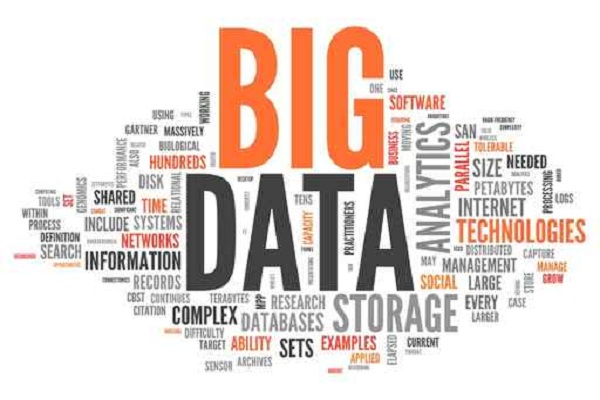Data scientists urged to share their big data skills with UK charities
DataKind and Teradata wants data scientists to volunteer their services to help out third sector organisations.

Altruistic members of the UK's burgeoning data scientist community are being called upon to volunteer their services to help third sector organisations extract value from their big data.
US-based DataKind was set up to help charities find IT professionals with a background in data science to help them make sense of the large amounts of data they create.
I'm used to IT firms where their idea of corporate social responsibility is to get people to paint walls or dig ditches.
It does this by holding "DataDives", free weekend-long events where several charities work with data science volunteers to work through their big data problems, or by encouraging them to participate in similar projects over a long period of time on a part-time basis.
DataKind held its first UK DataDive last weekend, and the organisation's founder, Jake Porway, is keen to capitalise on the event's success.
"We're just kicking things off, but based on the response to last weekend's event, it is something I can only see growing here," Porway told IT Pro.
The outcomes and conclusions from these events are published on a Wiki page afterwards, so that other charities may benefit. And in the US it is not uncommon for any open source data tools created during these sessions to be shared post-event.
Get the ITPro daily newsletter
Sign up today and you will receive a free copy of our Future Focus 2025 report - the leading guidance on AI, cybersecurity and other IT challenges as per 700+ senior executives
"We're very committed to the tools coming out [of the DataDives] being easily replicable and easily shared among other charities," added Porway.
Duncan Ross, director of data science for EMEA at data analytics vendor Teradata, took part in last weekend's UK DataDive.
Speaking to IT Pro, Ross said it is difficult for charities to secure funding for data scientists, despite the benefits they stand to gain from doing so.
"A starting point might be [for the charity], we're making this intervention, but is it making the difference we thought it would and are there any more efficient ways we could be using our money?" said Ross.
"If more charities had these kind of insights...it would make it much easier for them to persuade companies and politicians that the issues they are addressing need to be looked at."
Ross said getting data scientists and other IT professionals to volunteer for these kind of schemes could help the firm's they work for achieve their corporate social responsibility goals.
"I'm so used to IT companies where their idea of corporate social responsibility is to get volunteers to go out and paint walls or dig ditches," explained Ross.
"Instead, I think we should be encouraging companies to go out and do what they are good at for public good."
However, he admitted that finding enough data scientists in the UK to volunteer their services could prove problematic.
"With a few notable exceptions [UK universities] are not teaching the skills and the mindset needed for this kind of work," Ross said.
"[Also] there is no way a company in the UK can afford to pay the kind of wages that someone would get for [doing the same job] in California," he added.
Ross is part of a team who is working to establish a Society of Data Miners in the UK who plan to help universities turn out graduates with skills that are tailored better to industry needs.
"We also need businesses to look at their existing staff for people with an analytical mindset, and give them opportunities to learn and grow and spot those people," he added.
-
 Asus ZenScreen Fold OLED MQ17QH review
Asus ZenScreen Fold OLED MQ17QH reviewReviews A stunning foldable 17.3in OLED display – but it's too expensive to be anything more than a thrilling tech demo
By Sasha Muller
-
 How the UK MoJ achieved secure networks for prisons and offices with Palo Alto Networks
How the UK MoJ achieved secure networks for prisons and offices with Palo Alto NetworksCase study Adopting zero trust is a necessity when your own users are trying to launch cyber attacks
By Rory Bathgate